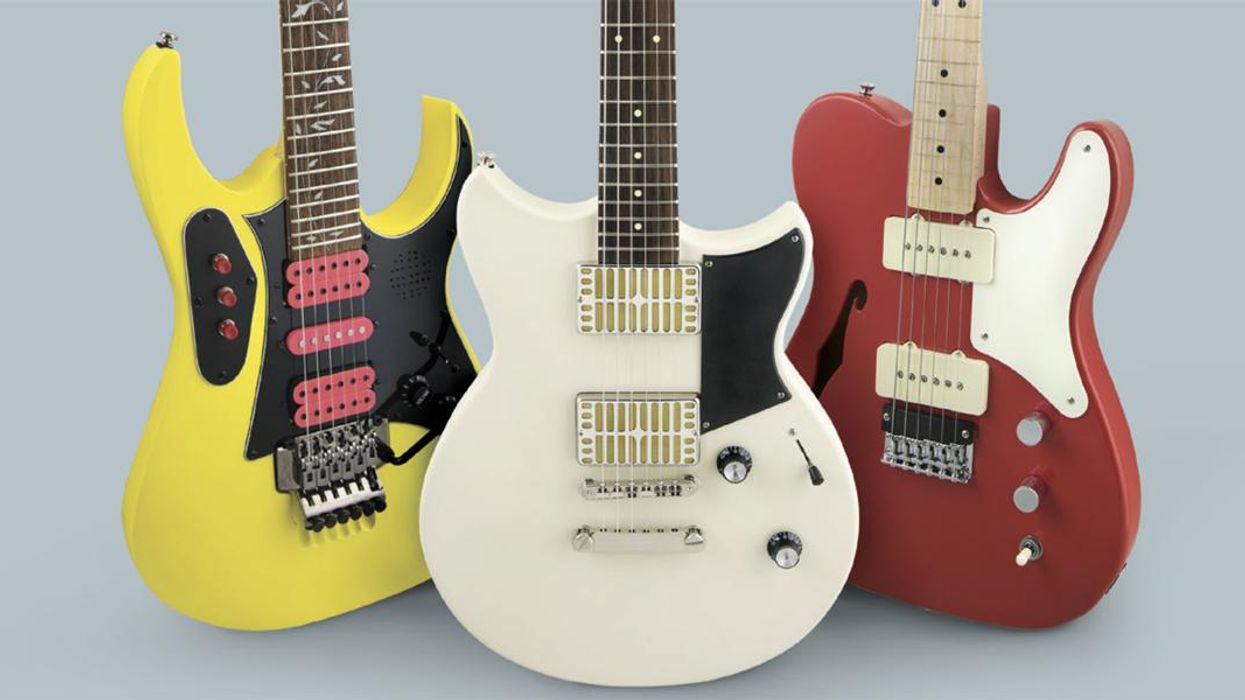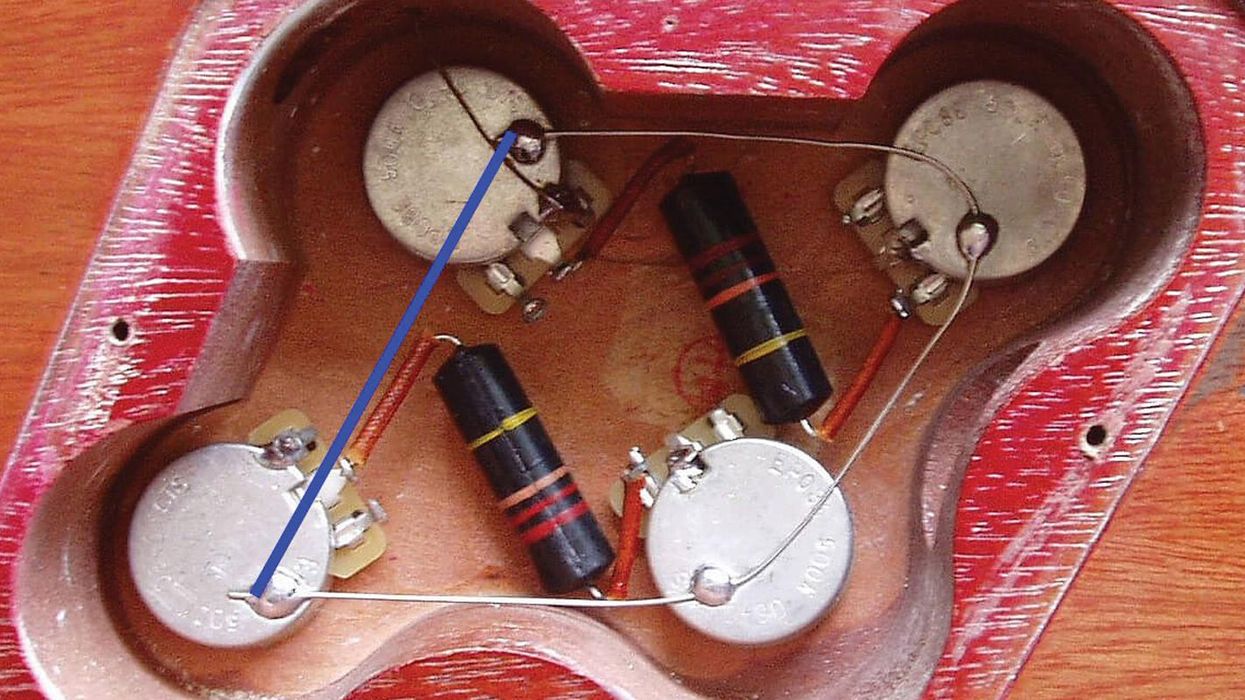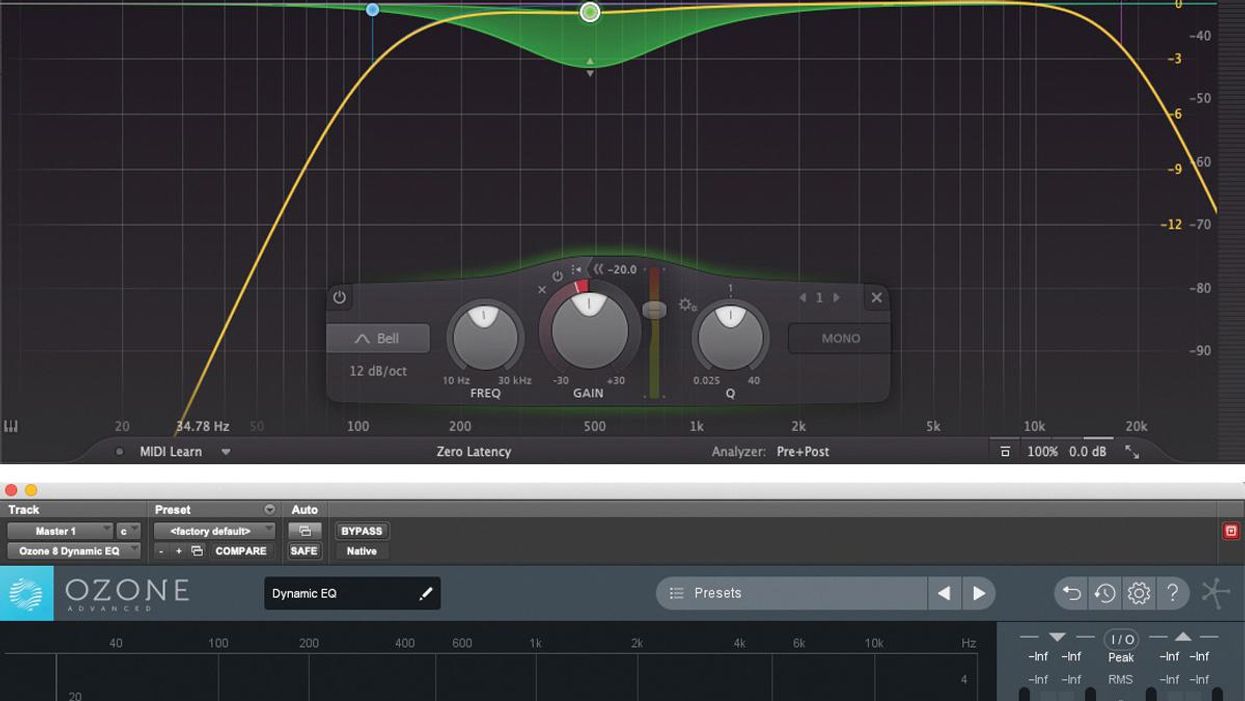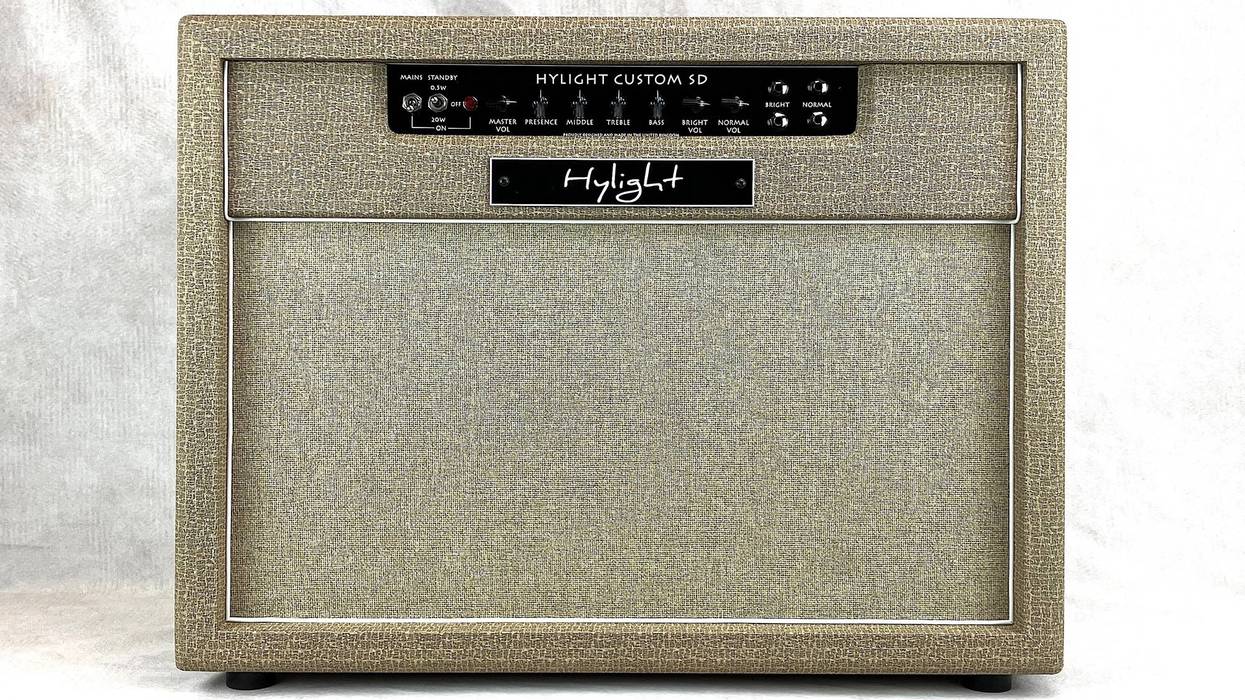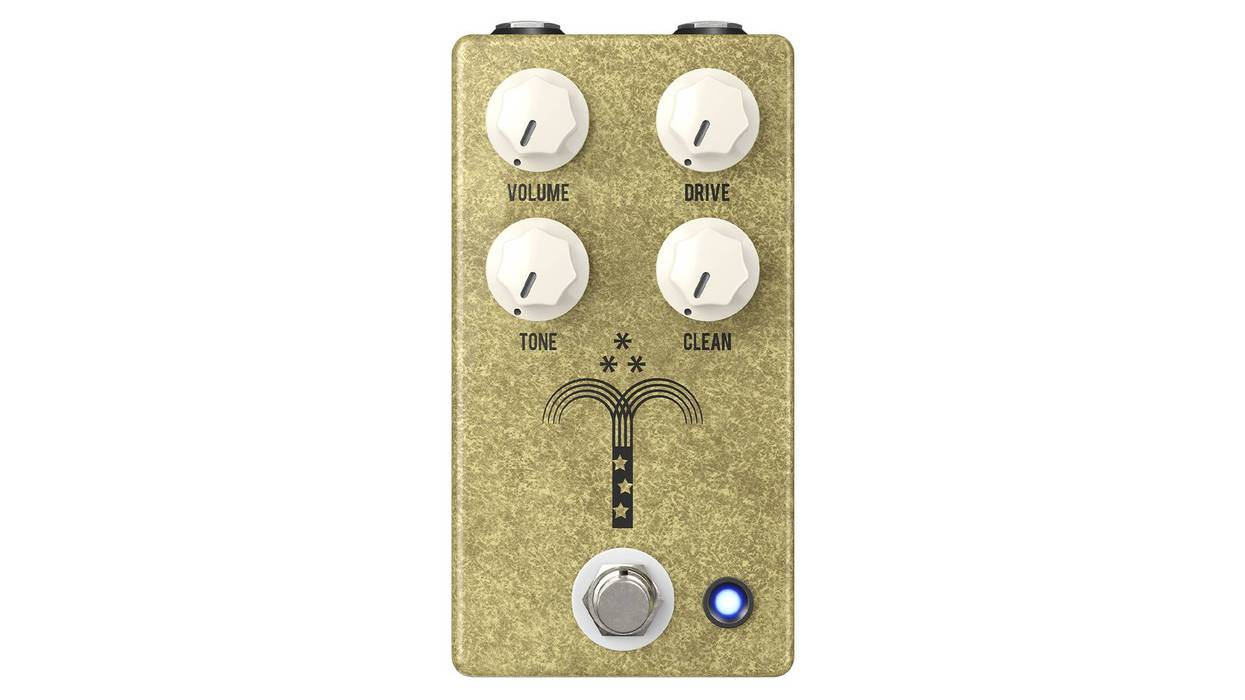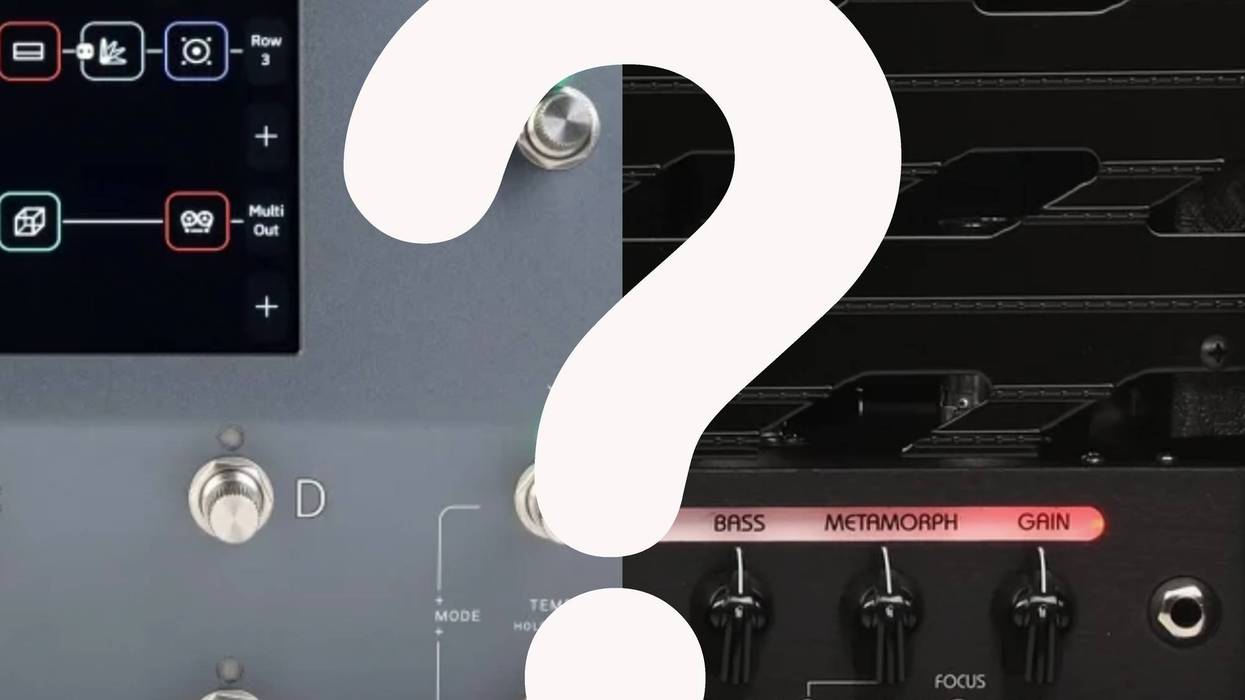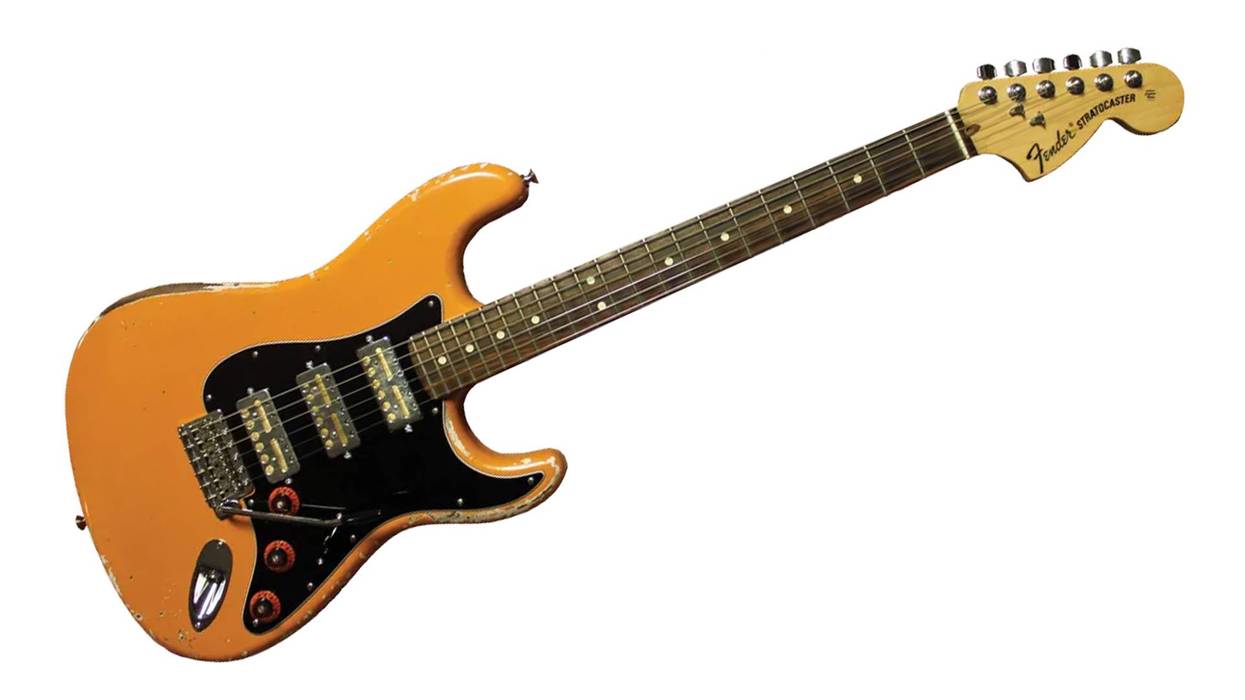Do I contradict myself?Formal study of poetry can yield dramatic and beautiful results for a songwriter. In that spirit, I am going to offer a few ideas for my songwriting readers that might inspire, refresh, or ignite that spark.
Very well then I contradict myself,
(I am large, I contain multitudes.)
-Walt Whitman, “Song of Myself”
Formality
I have a hard and fast rule when it comes to songwriting: If you wouldn't say it, don't sing it. Write like you're having a conversation with someone that you really, really love talking to, or better yet, talking with. Informal language, small words, and lines that flow easily over the lips and into the ears are vital parts of the kind of songwriting that can draw a listener in and make them feel it. You can be as profound as you want, but keep the $5 words to a minimum (unless the price of verbiage has gone up along with everything else, in which case I mean $10 words).
Also keep your structure informal—say what you want to say. Don't worry about rhyming stuff (unless your song really needs it) or having an exact number of syllables per line. It's hard enough to write a good song without piling all those conditions on.
One last rule: Use the fewest number of words possible to say what you mean to say. Be succinct. Don't ramble. Keep your songs tight and focused, and they'll pack a wallop.
I'm gonna contradict myself
I just wrote a song using all haiku. A haiku is a short poem and only three lines, in which the first line contains five syllables, the second seven, and the last line five syllables again. A great haiku can contain a universe in seventeen syllables—all the beauty, magic and wonder of human comprehension distilled into three short lines. Or sheer silliness, intense passion, bawdy rambunctiousness, or the simple mystery of an every-day miracle.
Why the sudden devotion to structure? I started texting a friend in haiku a while back, at first sort of as a joke, and then because I can. Anything you say with a haiku sounds instantly more important and profound. Seriously, try it. At any rate, I now find myself thinking in haiku a lot, and the first stanza of this song just fell from my fingers whole in an instant. I was working on a rather dark and swirly guitar riff, and they seemed to go together. So I decided, just for my own entertainment, to write the whole thing as haiku stanzas—even the chorus. Interestingly, it changed my voice enough that it gave me a song that sounded fresh and unique as well as thoughtful and elegant.
Break all the rules immediately and often. If stepping into a structure takes you outside your box, then learn some rules so you can break 'em later.
Internal rhyming
I love internal rhyme. There are several ways to do this, the most famous by far being:
“The rain in Spain stays mainly in the plain.”Lather, rinse, repeat.
Another useful kind of internal rhyme is when you rhyme words in the middle of lines instead of at the end. For example:
Don't try to fight this babyOblique or indirect rhyming
We'll light the night up with this love
This is a clever thing, because it allows you to rhyme in the ballpark, but you don't have to be a slave to the exact rhyme, like moon and Joon. I once rhymed breakfast and reckless in a verse, and my friend and fellow songwriter Rachel Sutcliffe recently rhymed horror with water in a chorus—and it was awesome. I've also rhymed wrong with morning, which is a bigger stretch, but it worked for the song it was in.
Alliteration
Tongue twisters are easier when you put them to music. It's risky, because if you lose it, you lose it and you can say some wacky stuff instead of what you were trying to sing. But when it works, it can be magic. Writers like Lewis Carroll and Edgar Allan Poe were masters of alliteration and internal rhyme. William Blake, too. It took me about a week to teach myself to sing “where the prairie grasses glisten in the dew,” but it was worth it. You try saying it three times fast. (Prairie glasses gristen, plairie grasses plisten, glairie glasses glisten...)
The whole enchilada
Good old Marc Bolan, bless 'im. Now that's a poet. Here's what I mean:
Well, you're dirty and sweetIt's perfectly conversational—in fact I'm reasonably certain we've all had similar conversations (that we don't tell the kids about). It uses internal rhyme, it's got some alliteration going on with all those bs and ls in the second line. He uses oblique rhyme with “sweet” and “weak,” and more internal oblique rhyme with “I love you” and “upon you.” And, bonus, it freakin' rocks. I defy you to get this song out of your head.
Clad in black, don't look back, and I love you
You're dirty and sweet, oh yeah
Well, you're slim and you're weak
You got the teeth of the hydra upon you
You're dirty, sweet and you're my girl
- Marc Bolan, “Get it On (Bang a Gong)”
It's a mojo thang
Anything that imbues you with the power of the muses is fair game. Okay, let me qualify that a bit— anything legal, ethical, and victimless. What I mean to say is, if stepping outside a certain formula or structure that you find yourself boxed into allows you to write something free and wonderful, do it. Break all the rules immediately and often. If stepping into a structure takes you outside your box, then learn some rules so you can break 'em later. It's like putting on a costume and pretending to be somebody else for a while—it's a refreshing little break that can be hedonistic and inspiring in a multitude of ways.
 Gayla Drake Paul is a guitarist, songwriter and writer, working as a soloist and with the Gayla Drake Paul Trio. Her CD, How Can I Keep From Singing, is in the Ten Essential CDs for Acoustic Guitarists at digitaldreamdoor.com. Her new CD, Trio Plus Three: The Luckiest Woman, can be purchased at CDBaby.com.
Gayla Drake Paul is a guitarist, songwriter and writer, working as a soloist and with the Gayla Drake Paul Trio. Her CD, How Can I Keep From Singing, is in the Ten Essential CDs for Acoustic Guitarists at digitaldreamdoor.com. Her new CD, Trio Plus Three: The Luckiest Woman, can be purchased at CDBaby.com.


